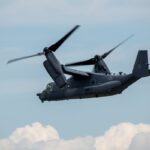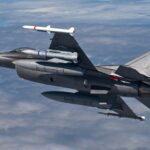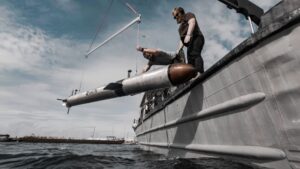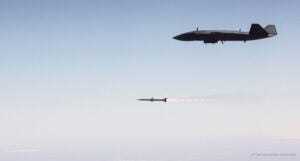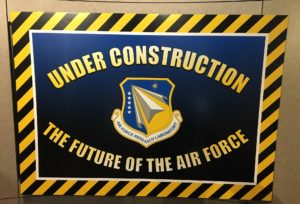
NASA might see a 12 percent increase in its budget per the White House’s request for fiscal year 2021, mostly for a push to return humans to the moon by 2024 — but the aeronautics branch of the agency would also receive a 4.5 percent boost in its funding, advancing efforts in aircraft electrification for commercial and military applications. The Aeronautics Research Mission Directorate (ARMD) stands to receive $819 million in fiscal 2021 as the White House increases support for…

 By
By 